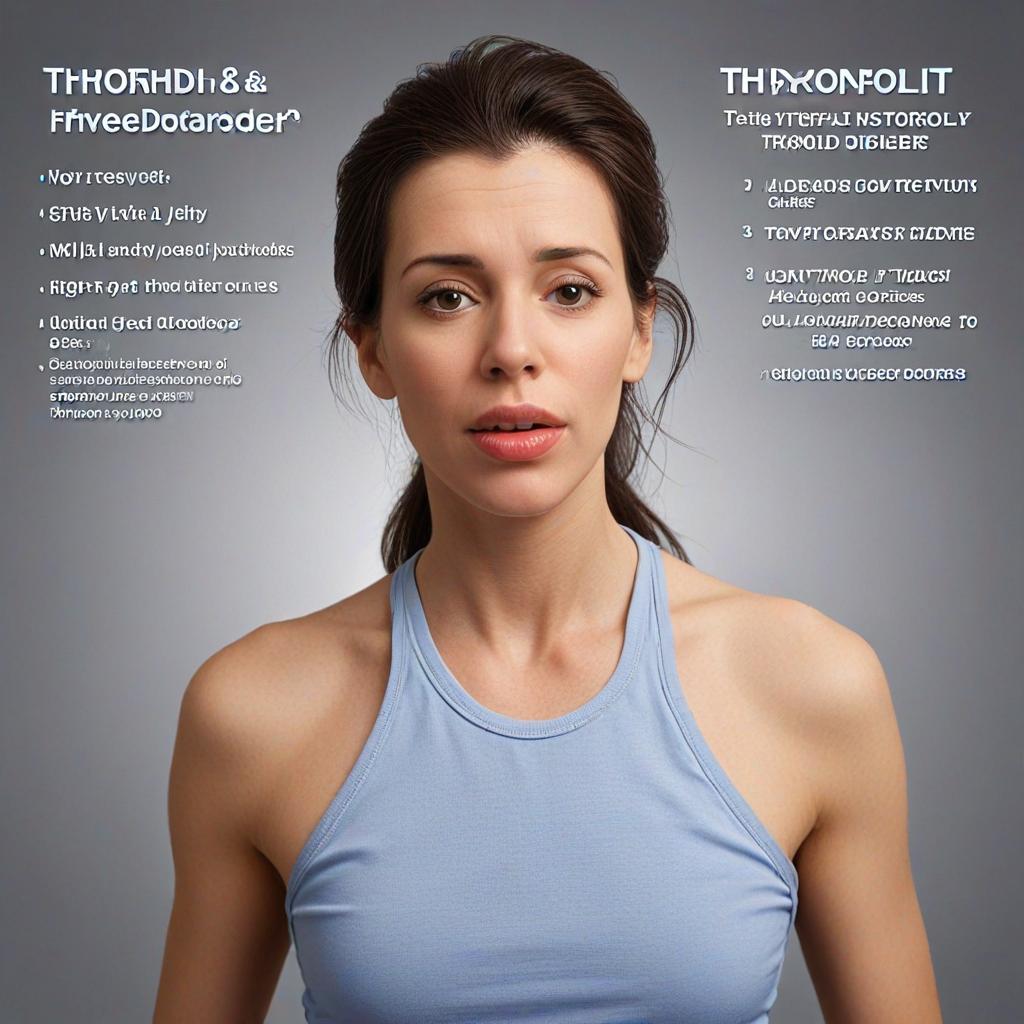
In North Port, individuals with thyroid disorders often struggle with low energy levels, leading to a decrease in daily productivity and overall quality of life. However, by understanding the causes of thyroid disorders and implementing certain lifestyle changes, individuals can effectively improve their energy levels and successfully manage their condition. From incorporating a well-balanced diet and exercise routine to regularly monitoring medication levels, individuals in North Port can take control of their thyroid disorders and enhance their daily life. By taking the necessary steps to address thyroid disorders, individuals can improve their energy levels and overall well-being.
Understanding Thyroid Disorders and Their Effects on Energy Levels
The thyroid gland plays a crucial role in regulating our body’s metabolism and energy levels. When the thyroid gland is not functioning properly, it can have a significant impact on our overall health and well-being. In North Port, an increasing number of individuals are experiencing thyroid disorders, leading to a range of symptoms including fatigue and low energy levels.
The Connection Between Thyroid Disorders and Energy Levels
The thyroid gland produces hormones that control metabolism, which is the process of converting food into energy. When the thyroid gland is not producing enough hormones, the body’s metabolism slows down, leading to symptoms such as fatigue, weight gain, and difficulty concentrating. On the other hand, an overactive thyroid gland can cause an increase in metabolism, resulting in symptoms like irritability, weight loss, and sleep disturbances.
Common Thyroid Disorders and Their Impact on Energy Levels
The most common thyroid disorders are hypothyroidism and hyperthyroidism. Hypothyroidism is when the thyroid gland is underactive, whereas hyperthyroidism is when the thyroid gland is overactive. Both of these conditions can have a significant impact on energy levels.
Hypothyroidism causes the body's metabolism to slow down, leading to symptoms like fatigue and low energy levels. In contrast, hyperthyroidism increases metabolism, leading to symptoms like irritability and difficulty sleeping. Additionally, autoimmune thyroid disorders such as Hashimoto's disease and Grave's disease can also affect energy levels.
How to Improve Energy Levels With Thyroid Disorders in North Port
If you are experiencing symptoms of a thyroid disorder, it is crucial to see a healthcare professional for proper diagnosis and treatment. Treatment options for thyroid disorders include medication, radioactive iodine therapy, and surgery, depending on the type and severity of the condition.
In addition to medical treatment, there are lifestyle changes that can help improve energy levels for individuals with thyroid disorders. Eating a healthy and balanced diet, regular exercise, and stress management techniques can all contribute to improving energy levels. It is essential to work closely with your healthcare professional to find the best approach for managing your thyroid disorder and improving your energy levels.
The Importance of Proper Thyroid Management for Overall Wellness
Proper management of a thyroid disorder is crucial for overall health and wellness. When left untreated, thyroid disorders can lead to serious complications, including heart problems, infertility, and mental health issues. It is essential to prioritize your health and work with your healthcare professional to manage your thyroid disorder effectively.
In conclusion, thyroid disorders can have a significant impact on energy levels, leading to symptoms that can affect overall daily life. By understanding the connection between thyroid disorders and energy levels and seeking proper treatment, individuals can take control of their health and improve their daily lives. Remember to prioritize your well-being and work closely with your healthcare professional for the best management of your thyroid disorder.


